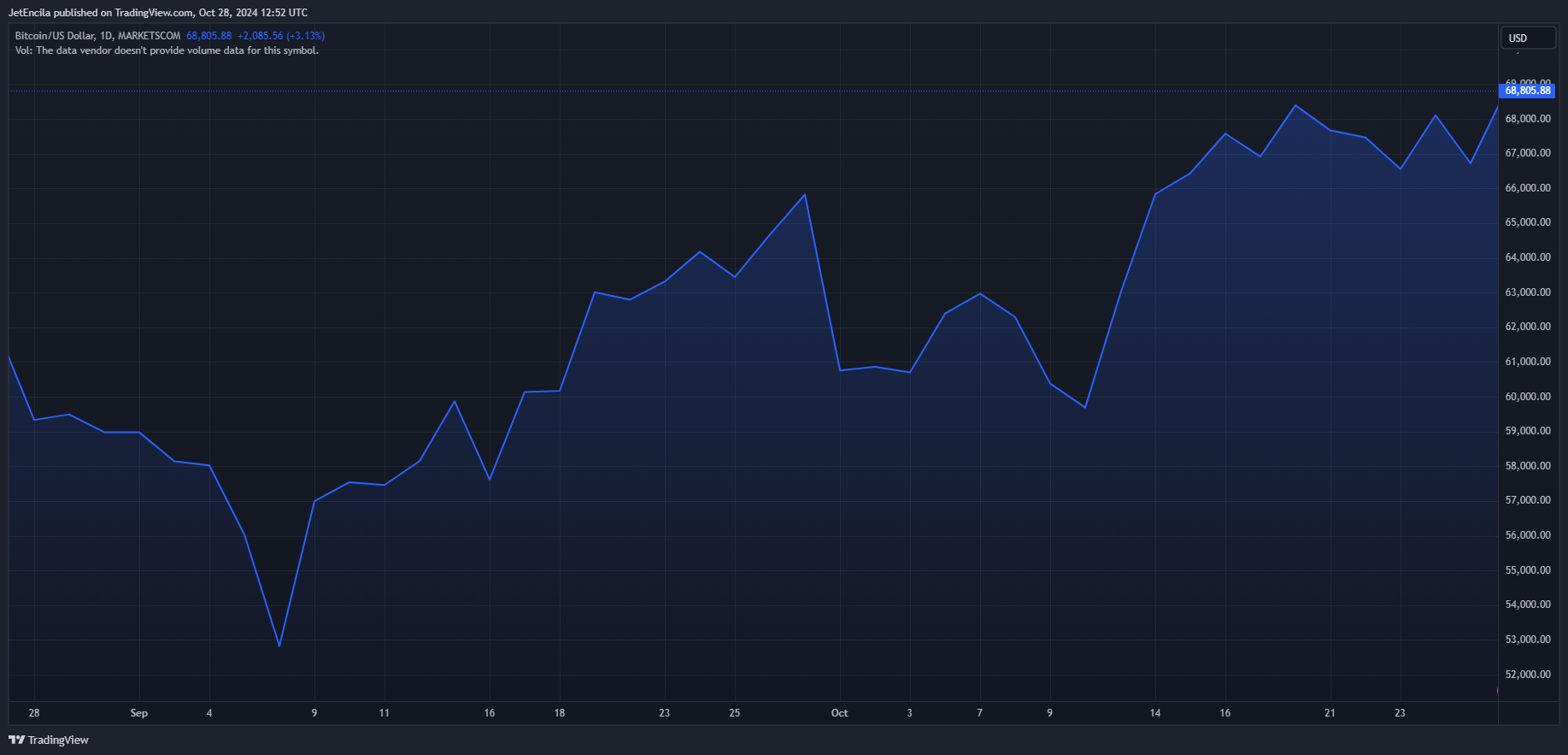Central Banks Increase Research on Bitcoin’s Impact on Monetary Policy
Bitcoin, the leading cryptocurrency, operates as a decentralized payment option, minimizing the role of third parties like central banks. This model has transformed the financial landscape and provided opportunities for the unbanked while attracting criticism from traditional financial institutions.
The influence of central banks diminishes as Bitcoin's ecosystem evolves. Research from financial institutions increasingly examines Bitcoin’s disruptive potential, focusing on its capacity to create inequality and challenge central bank policies.
The Role Of Bitcoin In Distributing Wealth
Research by the European Central Bank investigates Bitcoin's impact on wealth distribution. A 2022 paper titled “Bitcoin’s Last Stand,” views Bitcoin as a failing monetary project. However, a subsequent 2024 study, released after Bitcoin reached an all-time high, suggests that while Bitcoin can affect wealth distribution, primarily early adopters benefit, resulting in reduced consumption for others.

Does BTC Disrupt Monetary Policies?
Research from the Minneapolis Federal Reserve highlights that widespread Bitcoin usage complicates government budget deficits. Typically, governments issue bonds to cover revenue shortfalls; however, with Bitcoin, spending may only match collected revenue. The study presents two options for governments: ban Bitcoin or impose taxes on it.
A 2023 IMF policy paper also notes Bitcoin's influence on monetary policy, particularly in emerging markets, recommending that these countries strengthen their monetary frameworks before considering a ban on Bitcoin.
Central Banks, Financial Institutions Now Take Bitcoin Seriously
Recent analyses from central banks reveal Bitcoin's significant impact on finance. Although these studies do not necessarily reflect policymakers' views, they provide insights into industry perceptions of Bitcoin. Recent policies, including anti-cryptocurrency measures in the IMF's 2022 Argentina bailout recommendations, illustrate growing concerns about Bitcoin's popularity hindering central banks' monetary policy efforts.
Bitcoin aims to present an alternative financing landscape, reducing reliance on traditional banking systems.
Featured image from Dall-E, chart from TradingView